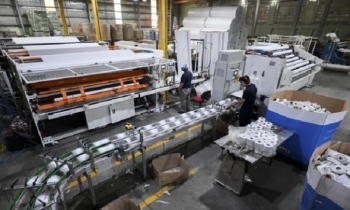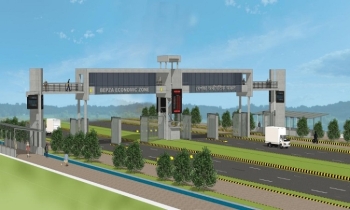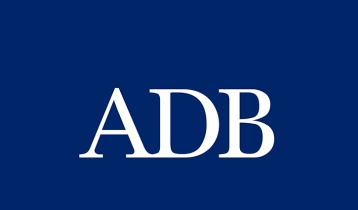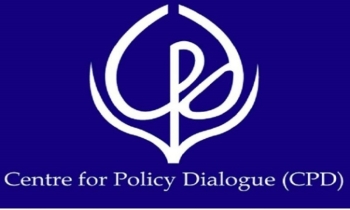Australia wants Bangladesh to be manufacturing hub for its products
Asif Showkat Kallol || BusinessInsider
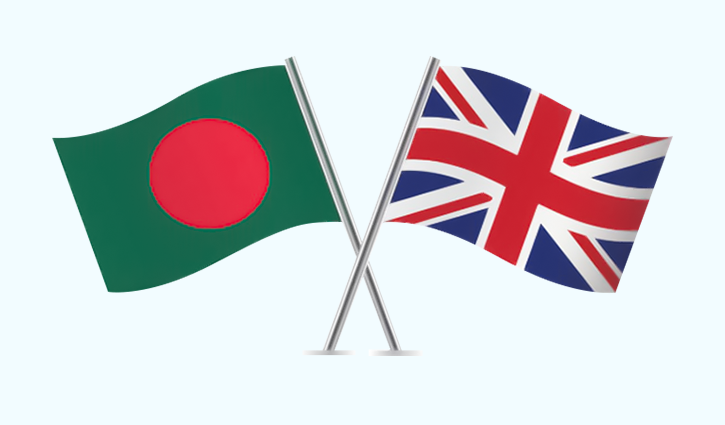
Flags of Bangladesh and Australia. Photo: Representational
Bangladesh could develop as a trade-transit hub for Australian wool, timber and meat to ship those products to European Union countries, a commerce ministry official said.
The commercial councillor of Bangladesh High Commission in Australia, M Saifullah, recently highlighted the matter in a letter meant for discussion by the joint working group under Trade and Investment Framework Agreement to boost bilateral trade and investment.
The memo was sent to the respective secretaries of the commerce ministry, agriculture, fishery and livestock and foreign ministries to take necessary measures for making Bangladesh a manufacturing and farm processing hub in the region. The joint working group of Bangladesh and Australia reached such a decision earlier to facilitate import of those Australian products.
The four ministries are likely to take measures to encourage the local potential traders to import Australian wool, timber and meat at competitive prices.
Meanwhile, Australia is set to continue its duty- and quota-free import facilities to Bangladesh after its graduation from LDC status, the commerce ministry official said.
The memo of the commercial councillor said that Bangladeshi businessmen who are interested in manufacturing or processing Australian wool, timber and meat can visit Australia and New Zealand to hit trade deals.
Bangladesh apex trade body Federation of Bangladesh Chamber of Commerce and Industries signed a memorandum of understanding (MoU) with the Australian Chamber of Commerce and Industry in 1997 which expired 2003. The FBCCI will also take initiative to encourage the local businessmen in Bangladesh to facilitate import of those Australian products.
So, a new MoU will be signed between these two trade bodies, the memo said.
The Joint Working Group discussed four tentative outcomes that include facilitating industrial interest between Australian agricultural exporters and Bangladeshi importers and manufacturers.
Australia and Bangladesh would identify opportunities for Australian producers and Bangladeshi manufactures to engage them with the global value chains, such as developing industry connections in their markets or ensuring Australian businesses to buy back finished goods made from Australian inputs.
Australia has agreed to boost relations between the chambers of these two countries through its High Commission in Dhaka.
Both the countries resolved to encourage relevant private sector areas for extending works under TIFA and encourage institutional linkages between apex trade bodies.
“It is good news that Australia will continue its duty- and quota-free facilities for Bangladesh after the post-LDC period,” Commerce Secretary Tapan Kanti Ghosh told the Business Insider Bangladesh on Monday.
He said his ministry will try to engage local businessmen so that they can add value to Australian wool, timber and meat and export it to EU countries.
Now, Bangladeshi products enter the country without paying duties under the Australian System of Trade Preferences (ASTP) that offers duty-free facility for goods from all least developed countries (LDCs).
Bilateral trade between the two countries has grown six times over the past decade, reaching $2.6 billion, last year. Readymade garments, agriculture, food and education services were the key drivers to this growth.
Trade between the two countries now hovers around $1.5 billion. In fiscal 2019-20, Bangladesh exported goods worth $762.9 million to Australia while imports from there valued at $695.7 million.
Last September, Bangladesh’s Commerce Minister Tipu Munshi and Australian Minister for Trade, Tourism and Investment Dan Tehan signed an agreement to facilitate trade between Canberra and Dhaka.

